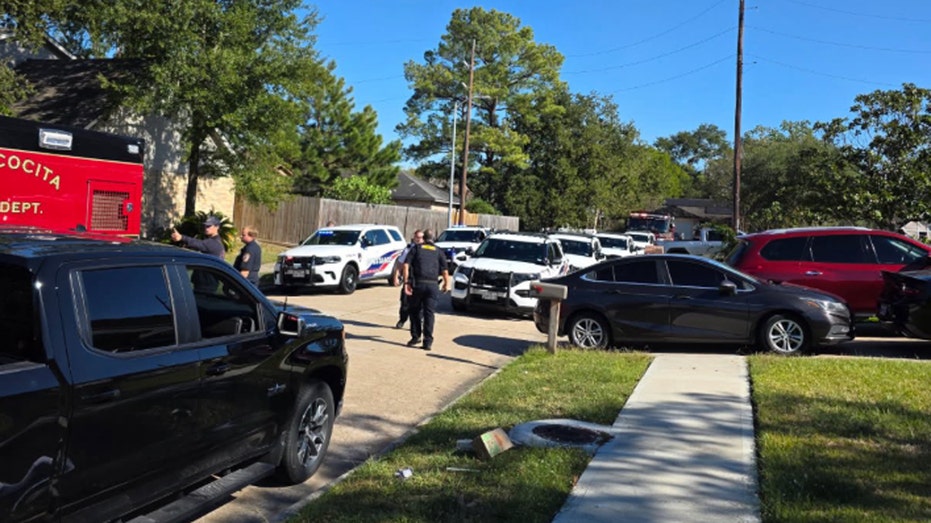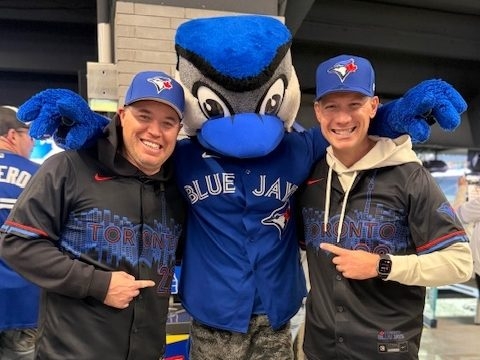The air in Toronto hung heavy with a familiar ache. The sting of Game 6 lingered, a cruel reminder of a ball lost within the outfield wall, a dream momentarily stalled. Disappointment settled over the city, a quiet sorrow after so many nights invested in this improbable run.
But then, a shift. A realization dawned: this wasn’t just another playoff series. This was Game 7 of the World Series, a first for a generation of Toronto fans. The memory of 1993, of Joe Carter’s legendary home run, flickered – a promise that magic was possible, even now.
The sentiment echoed through the organization. Manager John Schneider, facing the immense pressure, simply stated the obvious: “It’s Game 7 of the World Series at your home stadium. What the hell else could you want?” The Dome was poised to erupt, a cauldron of energy ready to fuel a final, desperate push.
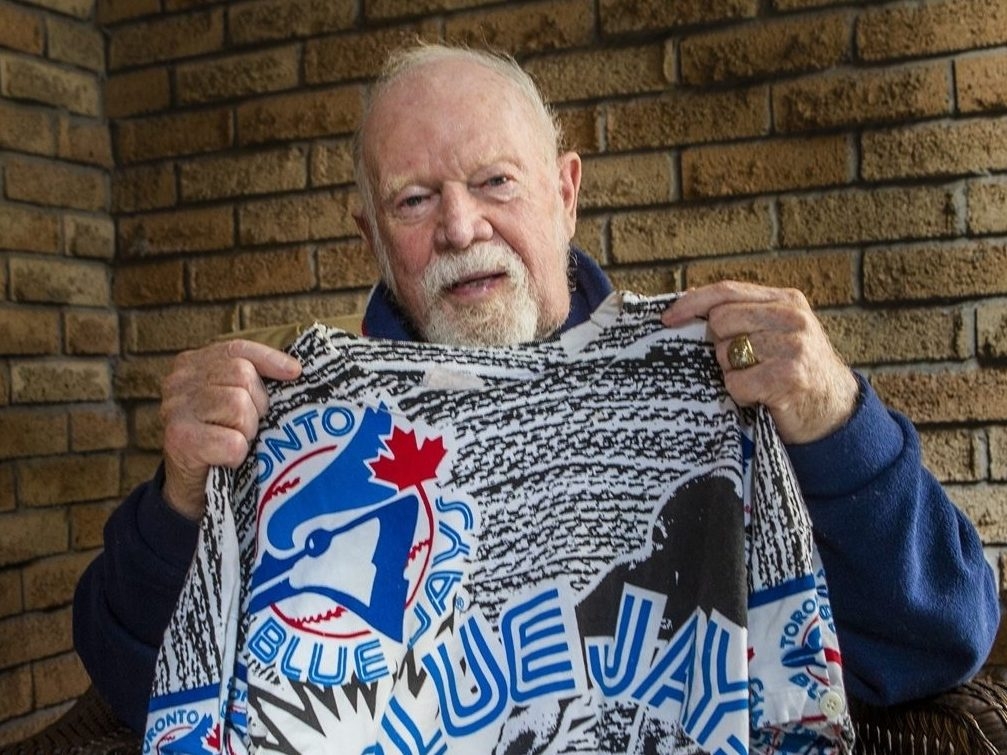
Paul Godfrey, the man who brought baseball to Toronto, recalled a frigid April day in 1977, sitting beside Commissioner Bowie Kuhn, already envisioning a future beyond the cold. He knew then, and knew now, that this moment – Game 7 – surpassed even his wildest hopes. November 1st, he noted, was also the 54th birthday of the Toronto Sun, adding another layer of significance to the night.
This wasn’t just about baseball; it was about unity. The Blue Jays had achieved something rare, something beyond the realm of sports. They had brought a nation together, a shared hope blossoming in living rooms and rec rooms from coast to coast. Families gathered, united by a single, electrifying possibility.
Don Cherry, a voice synonymous with Canadian passion, demanded a ferocious response from the crowd. “The crowd needs to be loud!” he declared, recognizing the vital role the fans would play. These weren’t just players on the field; they were scrappers, fighters, mirroring the grit of his beloved Boston Bruins.
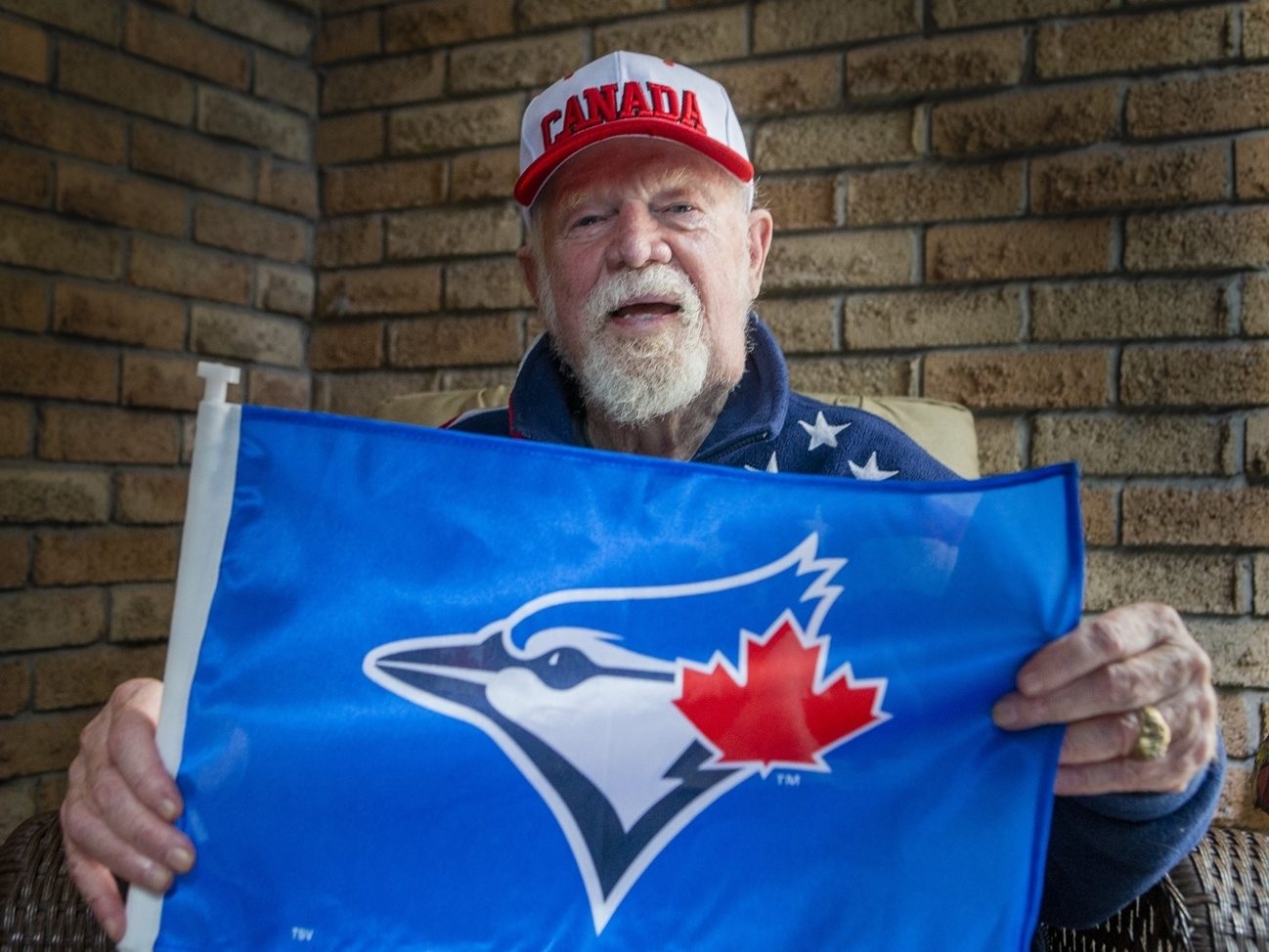
Stories emerged from across the country. In Niagara Region, friends gathered around a fireplace, sharing cold drinks and unwavering support. Even a 96-year-old season ticket holder in Burlington savored every pitch, every moment of this historic journey. The entire country was invested, breathing with the team.
Vladimir Guerrero Jr., embodying the spirit of the moment, arrived at the Rogers Centre wearing a Marie-Philip Poulin Team Canada hockey jersey – a powerful symbol of national pride and a nod to the country’s sporting heritage. It was a statement, a declaration of intent.
The pain of Game 6’s near-miss still lingered, the memory of a potential rally cut short. But Michael Angeletti, the man who caught George Springer’s game-winning home run in the ALCS, offered a beacon of hope. He had predicted a seven-game victory then, and his conviction hadn’t wavered.
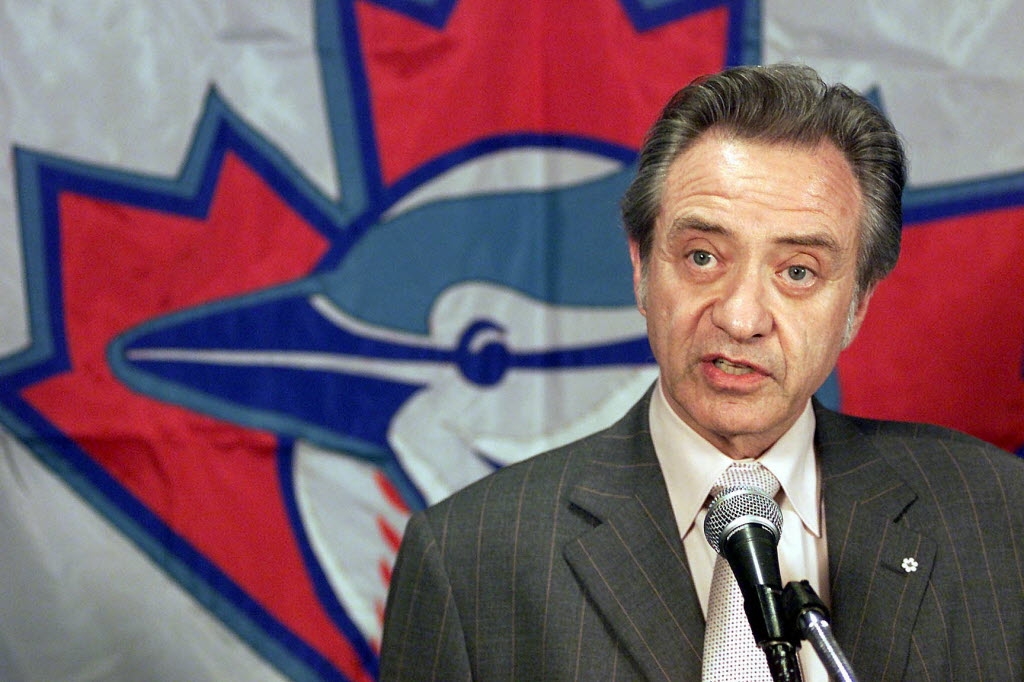
Angeletti, still believing in his premonition, recounted his improbable journey to that previous game – a $700 ticket and a bold prediction fulfilled. He was searching for a ticket to Game 7, too, driven by the same unwavering faith. He was a symbol of the fans’ enduring belief.
This was a Fall Classic in every sense of the word, a grueling seven-game battle where victory would be earned, not given. Regardless of the outcome, both teams, and their devoted fans, had already proven themselves worthy of the contest. It was a night for legends, for heartbreak, and for the enduring power of the game.



